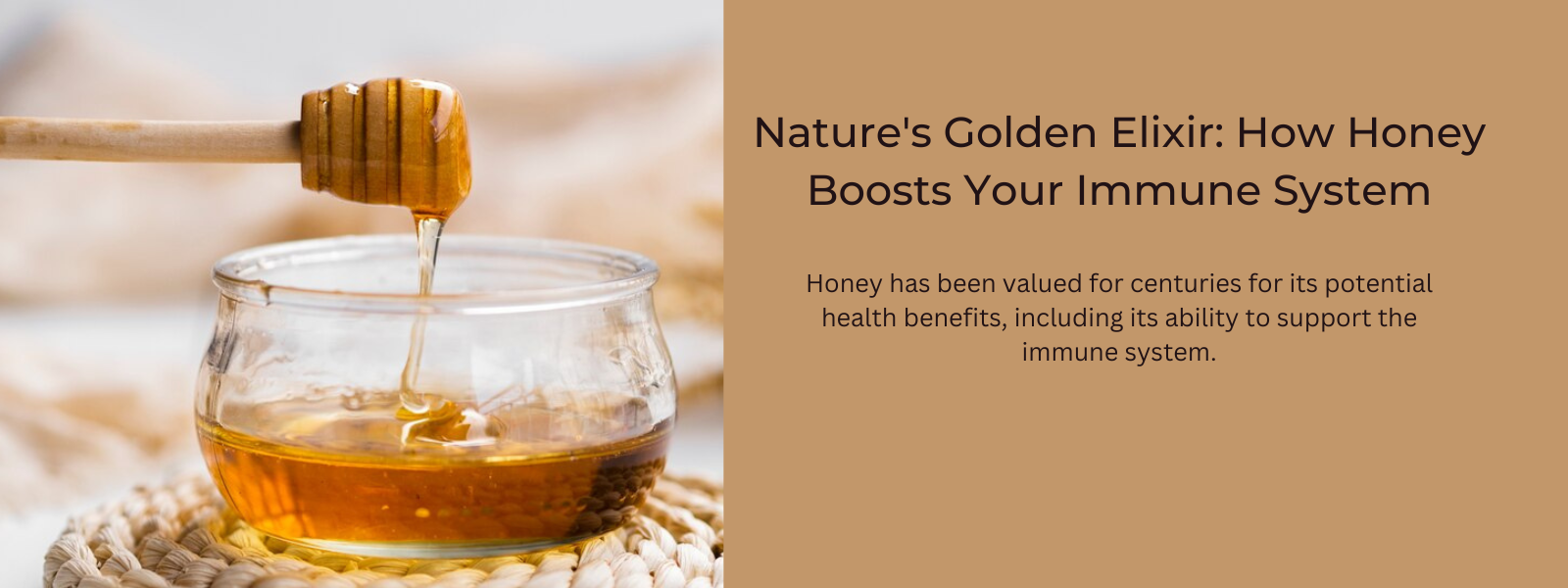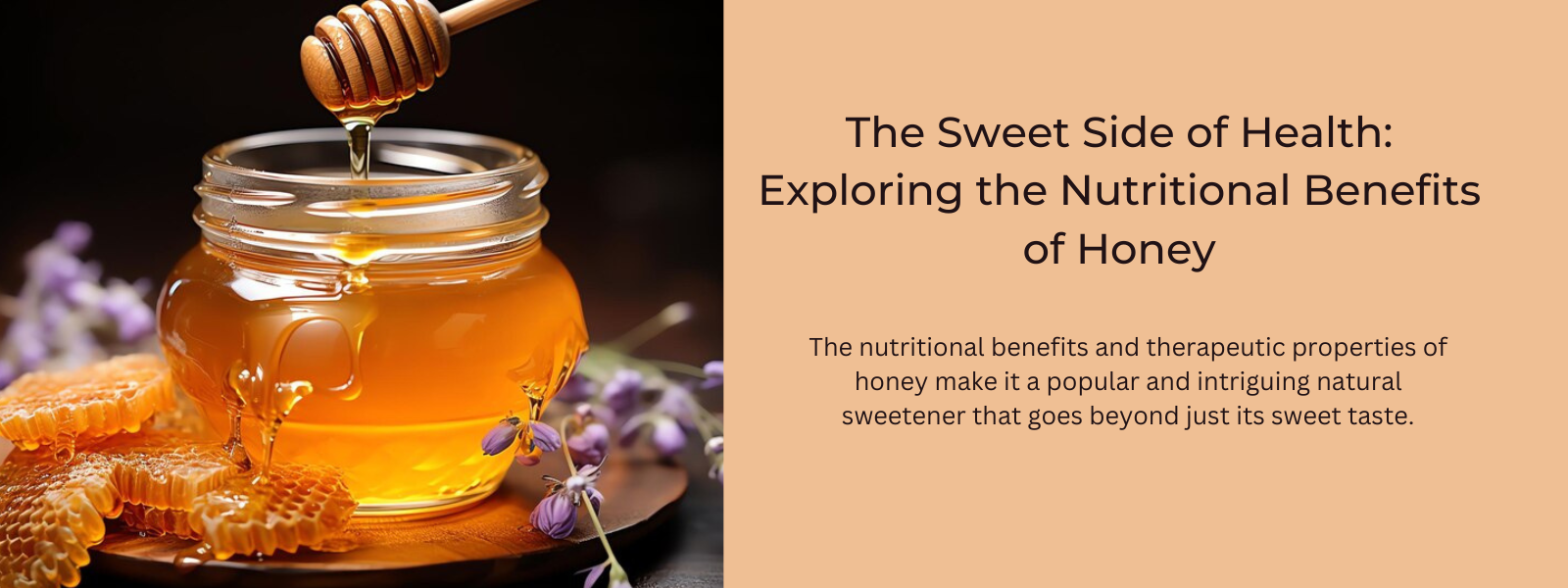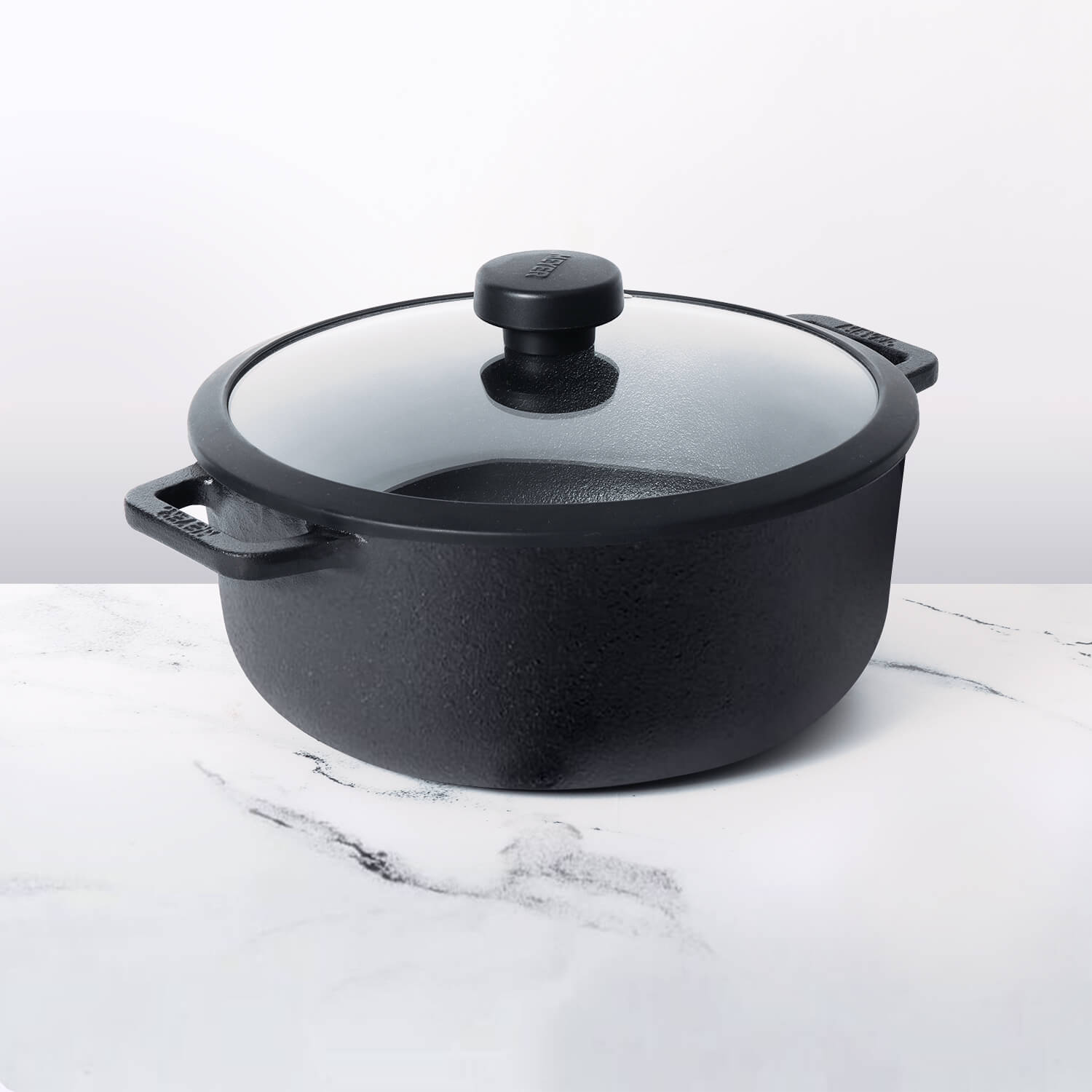Honey is a natural sweet substance produced by honeybees from the nectar of flowers. It is a thick, golden liquid known for its sweet taste, distinct flavor, and various culinary and medicinal uses. Bees collect floral nectar and store it in their honey stomachs, where enzymes break down the complex sugars in the nectar into simpler sugars like glucose and fructose. Once inside the hive, bees regurgitate and deposit the modified nectar into honeycomb cells. Through the process of evaporation and the activity of bees fanning their wings, excess water evaporates from the nectar, resulting in the thick, syrupy substance we know as honey. Honey serves as the primary food source for bees during periods of scarcity and provides them with essential nutrients and energy. Humans have been harvesting and using honey for its nutritional, therapeutic, and culinary properties for thousands of years.
Table of Contents
What Does The Term “Anti-Inflammatory Properties” Imply?
The term "anti-inflammatory properties" refers to the ability of certain substances, compounds, or foods to reduce inflammation or the body's inflammatory response. Inflammation is a natural process that occurs in the body as a protective mechanism in response to injury, infection, or harmful stimuli. It involves the immune system releasing chemicals and increasing blood flow to the affected area to facilitate healing.
The Anti-Inflammatory Properties of Honey
Honey possesses notable anti-inflammatory properties, making it a natural remedy for soothing inflammation in the body. Here are several ways in which honey exhibits its anti-inflammatory effects:
- Antioxidants: Honey contains various antioxidants like flavonoids, phenolic acids, and enzymes. These antioxidants combat free radicals, reducing oxidative stress and inflammation in the body's cells and tissues.
- Anti-Inflammatory Compounds: Certain types of honey, particularly raw and unprocessed varieties, contain compounds with anti-inflammatory properties. These compounds can help mitigate inflammation, reducing discomfort and aiding in the healing process.
- Wound Healing: Honey has been used for centuries in wound care due to its antibacterial and anti-inflammatory properties. It creates a protective barrier, promotes tissue repair, and accelerates wound healing by reducing inflammation and preventing infections.
- Soothing Properties: When consumed or applied topically, honey can provide relief for sore throats, coughs, and other inflammatory conditions in the upper respiratory tract. Its soothing effect helps alleviate discomfort and irritation.
- Gut Health: Some research suggests that honey, particularly raw honey, may have positive effects on gut health due to its prebiotic properties. By promoting the growth of beneficial bacteria in the gut, it can potentially reduce gut inflammation and support digestive health.
- Skin Conditions: Honey is used in skincare for its anti-inflammatory and moisturizing properties. It can help soothe skin conditions like eczema, psoriasis, or minor irritations due to its ability to reduce inflammation and hydrate the skin.
Uses Of Honey As Anti-Inflammatory Properties In India:
In India, honey has a rich history of being utilized for its anti-inflammatory properties in traditional medicine systems like Ayurveda. Here are several ways honey has been used for its anti-inflammatory benefits:
- Ayurvedic Medicine: In Ayurveda, honey is considered a valuable natural ingredient known for its soothing and anti-inflammatory properties. It has been traditionally used as part of various Ayurvedic formulations to alleviate inflammation-related conditions. Honey is often mixed with herbs, spices, or other natural ingredients to create remedies for respiratory issues, sore throats, digestive problems, and skin conditions with inflammatory components.
- Ayurvedic Formulations: Honey is commonly used in Ayurvedic formulations called "arasas" or "asavas," which are herbal concoctions fermented with honey or other natural substances. These formulations often combine medicinal herbs and honey to create tonics or elixirs believed to have anti-inflammatory, immunomodulatory, and therapeutic effects.
- Topical Applications: In addition to internal consumption, honey has been used topically in Ayurvedic skincare and wound care. It is applied as part of herbal pastes or mixtures to soothe skin conditions with inflammatory symptoms, minor wounds, burns, or irritations due to its anti-inflammatory and wound-healing properties.
- Ayurvedic Diet: Ayurveda emphasizes the importance of diet in maintaining overall health. Honey, considered one of the Ayurvedic "amla" or rejuvenating substances, is often recommended in specific dietary practices to balance the body's doshas (energies) and promote overall well-being. Its anti-inflammatory nature is valued in Ayurvedic dietary recommendations for individuals seeking to manage inflammation-related issues.
How Is Honey Used To Different Ailments?
Honey has been historically used to treat various ailments due to its potential medicinal properties. Here are some ways honey has been used in traditional and modern medicine for different health issues:
- Sore Throat and Cough: Honey's soothing properties make it a popular remedy for sore throats and coughs. Mixing honey with warm water or herbal teas can help alleviate throat irritation and suppress coughs.
- Wound Healing: Honey's antibacterial and anti-inflammatory properties make it effective in wound care. Applying honey topically on minor cuts, burns, and wounds can promote healing and prevent infections.
- Respiratory Issues: In addition to coughs and sore throats, honey has been used to ease symptoms of respiratory conditions like asthma and allergies. Its anti-inflammatory effects may help reduce inflammation in the airways.
- Digestive Issues: Some people use honey to alleviate digestive problems like indigestion or gastritis. Consuming honey in warm water may help soothe the digestive tract, though individual responses may vary.
- Skin Conditions: Honey is used in skincare for its moisturizing and antibacterial properties. It's applied topically to manage skin conditions like acne, eczema, and minor irritations.
- Energy Boost: Honey, being a natural source of carbohydrates, provides a quick energy boost. Athletes often use it as a natural energy source during endurance activities.
- Cognitive Health: Some studies suggest that honey may have neuroprotective effects and could potentially support brain health. However, more research is needed in this area.
- Sleep Aid: A mixture of honey and warm milk or herbal teas is believed by some to promote relaxation and improve sleep quality.
- General Well-being: Honey is sometimes used as a general health tonic due to its nutritional content and potential health benefits. It's added to various foods, drinks, and herbal remedies to boost overall health.











Leave a comment